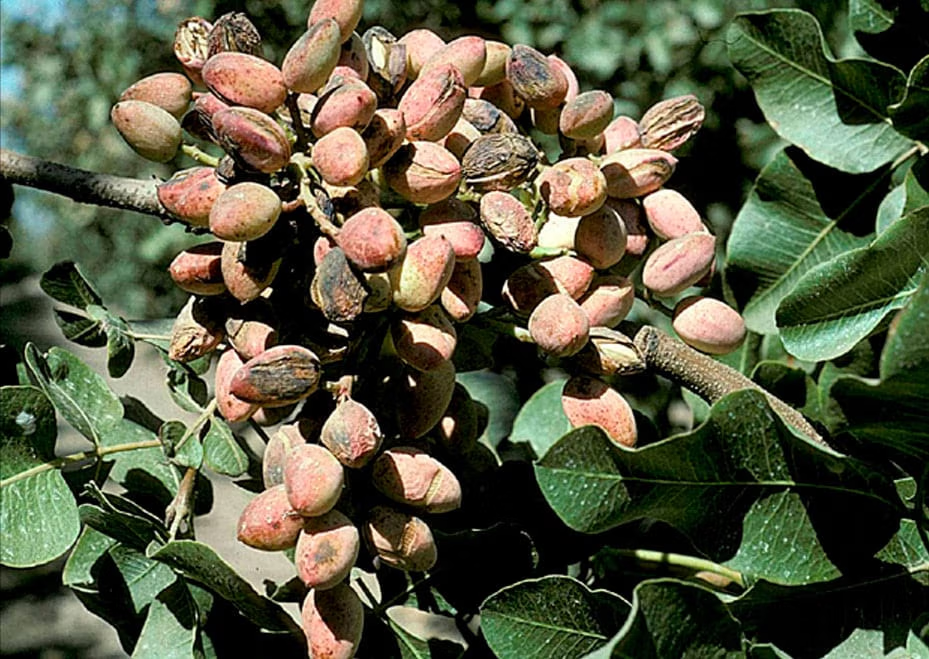Alternaria in the pistachio tree: how to prevent and treat this common disease.

Alternaria alternata (Alternaria, Alternariosis, Late blight) is a fungal disease caused by various ascomycete fungi of the genus Alternaria spp. (A. arborescens, A. tenuissima) that spread through the air (aerial mycosis).
In general terms, they reproduce optimally at temperatures between 27ºC and 32ºC, especially when environmental relative humidity conditions are high. When the temperature rises above 35ºC or falls below 15ºC, the reproduction of the fungi that cause Alternaria is minimal or non-existent. Under adverse conditions, its spores, resistant to desiccation, and also known as conidia, can survive for several years in the soil until the ideal humidity and temperature values for germination are reached.
It is therefore a disease typical of the warmest months of the year, especially summer, and in which preventive practices of a cultural nature are essential.
